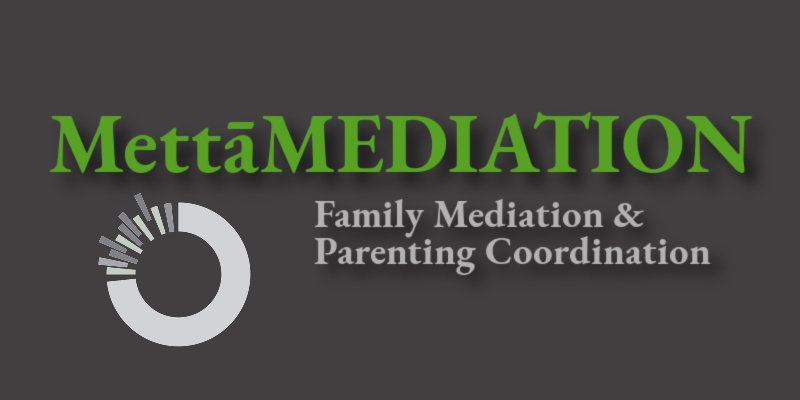You have more in common than you may realize.
When parents first separate, their emotions often run so high that one, or perhaps even both of them, cannot imagine having a dialogue with the other - about anything, let alone their children.
When parents initially learn about family mediation as an option for resolving their dispute, they are often openly and vocally doubtful about the possibility of success. I often hear from parents: “We don't agree on anything, absolutely nothing, so mediation will be a waste of time”.
There are high-conflict parenting cases where mediation is unlikely to succeed and may not even be advisable in the first place. Those cases are rare. Many, if not most, disputes between parents can be resolved through dialogue, including in the context of family mediation.
It would be disingenuous of me to say that such exchanges, the dialogue, the process of working through these sometimes difficult issues, is smooth or fast. I will be direct and say the opposite: there will be flare-ups, feelings will come to the surface, tears may flow, harsh words may be exchanged. It IS tough. But the discomfort parents may experience while dialoguing, with the assistance of a mediator, is worth it – because it will ultimately benefit those who matter most in their lives – their children!
In many instances, the process begins with coming to grips with the emotions and feelings felt on each side, with identifying them and being able to understand their role in approaches and positions taken. Again, this process may take some time but often represents a bridge which must be crossed before the actual issues can be tackled and hopefully resolved.
I have mediated parenting disputes which on the face of them seemed impossible to resolve. With patience, compassion, minds open to possibilities, ongoing dialogue and hard work by both parents, we were able to overcome obstacles and come up with creative, long-lasting solutions, with buy-in from both sides.
One of my jobs as a mediator is to help parents see that they actually agree on many issues related to their children, that they may, in fact, have more in common than they might realize. The next step is to build on that common ground and raise the structure from the ground up, brick by brick, hopefully with a solid building, representing resolution, standing at the end of the process.
I created the graphic above to illustrate my point. Do not give up on family mediation because you worry you and the other parent will agree on nothing. You may already have common ground.
©AJJakubowska

